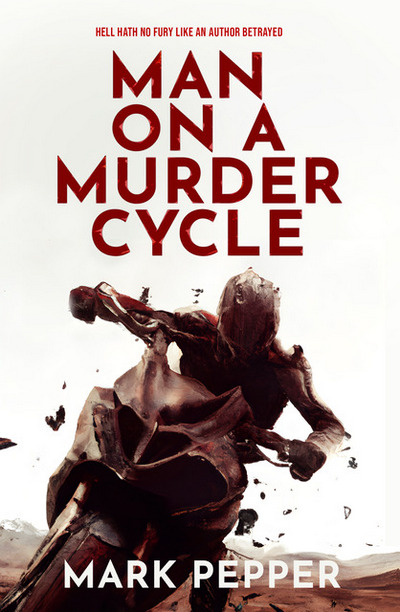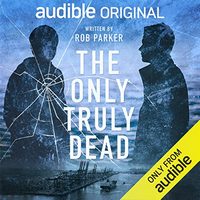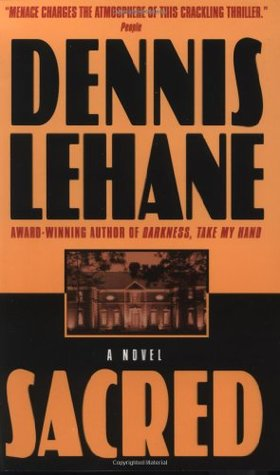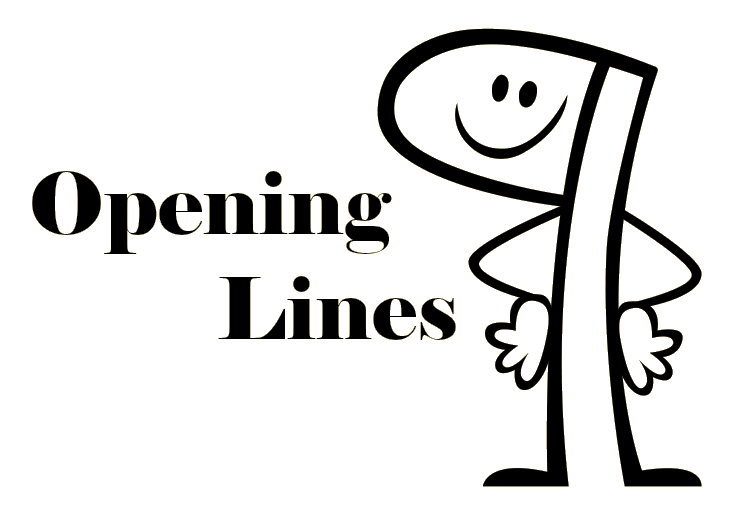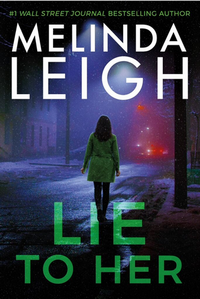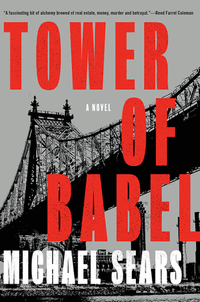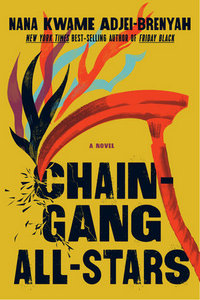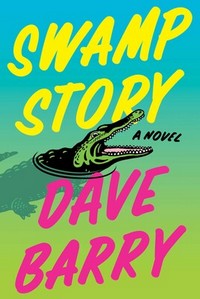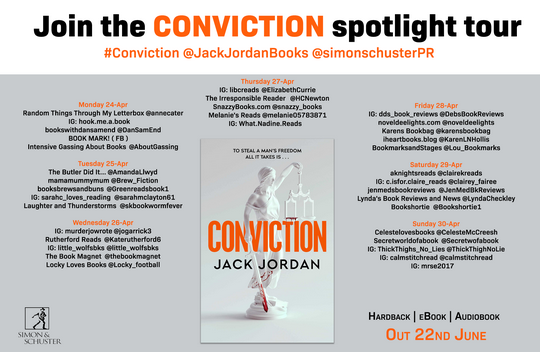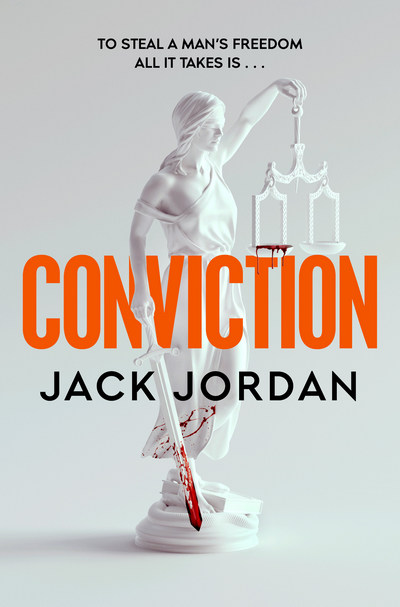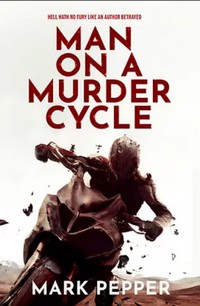 Man on a Murder Cycle
Man on a Murder Cycle
by Mark Pepper
DETAILS: Publisher: Red Dog Press Publication Date: May 30, 2023 Format: eARC Length: 495 pg. Read Date: May 24-30, 2023

Not What I Thought I Was Getting Into
At a certain point, I realized this novel was going in a direction that I wasn’t expecting—and not in an “I didn’t see that twist coming” way, but in a metaphysical sense. I was a little annoyed, to be honest. I felt like Pepper was cheating, changing the rules governing the book like he did. I was still going to finish it—you give me an ARC, I’ll read it. Also, I was curious about the fate of one or two of the characters. I just was less enthused about the prospect.
In a minor huff, I went to Red Dog’s website to read the description and realized I’d read only most of it initially (when I copied and pasted the text into my cover reveal). I got to a certain point, saw where the blurb was going (or so I thought), remembered Pepper’s Man Down, and put the thing on the TBR.
No one cheated. No one changed anything. There was no bait-and-switch here. I just didn’t do due diligence. I probably wouldn’t have read this if I’d read the whole thing.
And I’d have missed out on something I’m going to remember for a while—because once the (for lack of a better term) supernatural element entered the novel, it got a lot more twisted, darker, and exciting.
Let that be a lesson, kids—read the whole description. And then give the benefit of the doubt to a writer you enjoyed already. Or skip the description part and just trust the writer.
Wait a Second—What’s Man on a Murder Cycle About in the First Place?
Oh, yeah, I’ve gotten a little ahead of myself.
Tom Roker is a writer. Well, he wrote one very successful thriller some time ago. And has written four stinkers since then—so bad that his agent can’t get anyone to publish them, despite the (now waning) shine his previous success might bring.
While his writing has gotten worse—his desperation to repeat his success has built—driving him to work on his books more and more. Which had a horrible impact on his wife and daughter. Well, his now-remarried ex-wife and daughter who now live in the U.S.
While giving his agent his latest novel (which she’s pretty sure is going to be as bad as the others), she mentions that she’s just received a new manuscript from an unknown author that’s as good as his first book. This was her first mistake. She then agrees to let Roker read it and gives him her copy. This is her second mistake.
He reads it and is blown away—yes, it shows just how bad his current work is—and it could’ve been written by the author he was years ago. Coincidentally, Roker sees that the author had just been killed. And he hatches a plan. They publish the book under his name, his agent pockets a larger-than-usual commission, and no one is the wiser. She signs on to this plan (after he blackmails her a bit)—this is her third big mistake. Many more follow.
Things happen. The book is published—and Roker is re-invigorated. He’s writing like he used to.
But then the police show up—people are being killed using the methods employed by the maniac in “Roker’s” new book. Guess who suspect #1 is?
If nothing else, this book should ensure that no one ever plagiarizes Mark Pepper.
A Couple of Content Warnings
There’s an attempted rape scene—emphasis on attempted. But still, that can be too much for some readers. So caveat lector.
There’s also a scene that’s difficult to categorize…it’s kind of a rape scene, but it’s also a psychosexual game played by the “victim.” It’s (intentionally) disturbing and off-putting. If you can get through the previous attempt, you’ll be okay once you’re past this one.
There are, of course, also several murders. Gory, bloody, and macabre. We read about most of them after the fact, or see the lead-up to it without getting the details of the killing itself. That’s pretty much a given, I realize, but while I’m talking about potential areas of revulsion, I thought I’d throw that in.
So, Was I Right?
When I posted my spotlight on the book yesterday, I was around 75-80% through the book and said, “At this point, I can think of at least 5 different ways this book will likely end.” Three of them would’ve been satisfactory, the other two less so—but I assumed that had Pepper picked one of those he’d sell me on it.
So how close was I? Let’s imagine that the right answer is in the heart of Chicago, Illinois. I might as well have been camping out on Triton, Neptune’s largest moon.
Thankfully, I’d also said, “I’m pretty sure they’re all wrong—and what I have waiting for me over the next 25% is going to throw me for a loop.”
So I’m counting this as a win—I was correct when I said I was wrong, and the several loops that came in those closing pages were wilder than I’d have bargained for.
So, what did I think about Man on a Murder Cycle?
The first chapter of this book was stunning. If the rest of the book disappointed me, I still would’ve given it 3 stars based on that chapter. (thankfully, I didn’t have to, so this post would’ve been very difficult to write)
I wonder if the Epilogue takes away a bit of the punch of the last page. But it made me smile, so I’m not going to complain. I’ll just wonder.
Everything in between was a heckuva ride. I think I’ve used all the adjectives I want to use here already in this post: Twisting, dark, exciting, gory, bloody, and macabre. That sums it up. There’s a tinge of hope, too—but given the rest of the book, you wonder if it’s misplaced when you’re feeling it (and I’m not going to say). I really don’t know what else to say here while not giving away too much.
There’s a dark humor that shines through frequently—particularly in the closing stages of the book. There are a couple of scenes that I imagine Pepper smiled throughout the writing, and if you have a certain sense of humor, you will, too.
This is not for everyone. How many books worth the time are? But this is for a narrower audience than others. But for those who read the description and are intrigued? You’re in for a treat.
Disclaimer: I received this eARC from Red Dog Press in exchange for this post and my honest opinion—thanks for this.

![]()


